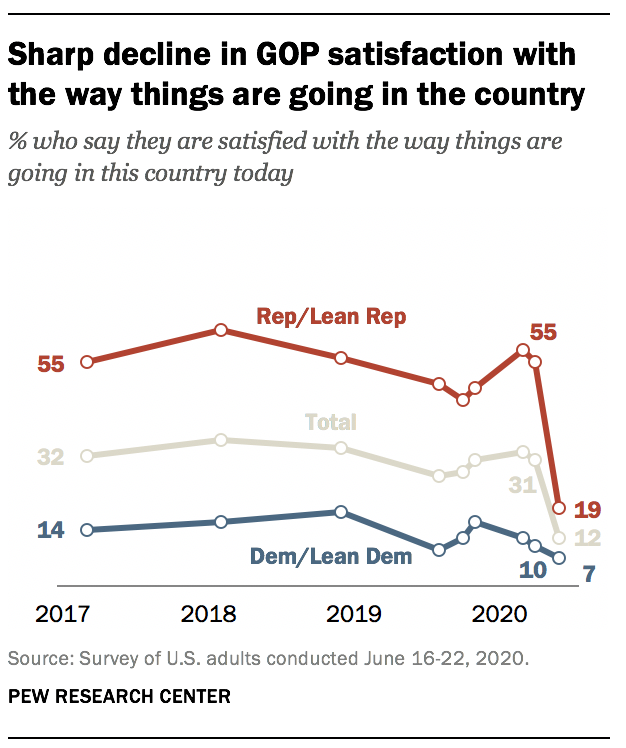

Today, the rich easily exploited oilfields and coalmines of the past are mostly depleted.

Megacities, globalized production, industrial agriculture, and a human population approaching 8 billion are all historically exceptional-and unsustainable-without fossil fuels.

This unique energy base predisposes industrial civilization to a short, meteoric lifespan of unprecedented boom and drastic bust. And every one of them may accelerate and intensify the coming collapse while increasing the difficulty of recovery.ĭifference #1: Unlike all previous civilizations, modern industrial civilization is powered by an exceptionally rich, NON-renewable, and irreplaceable energy source-fossil fuels. Gradual disintegration, not sudden catastrophic collapse, is the way civilizations end.” Greer estimates that it takes, on average, about 250 years for civilizations to decline and fall, and he finds no reason why modern civilization shouldn’t follow this “usual timeline.” īut Greer’s assumption is built on shaky ground because industrial civilization differs from all past civilizations in four crucial ways. In The Long Descent, Greer assures his readers that, “The same pattern repeats over and over again in history. Scholars of ancient societies, like Jared Diamond and John Michael Greer, accurately point out that abrupt collapse is a rare historical phenomenon. Not everyone who understands that progress has been purchased at the expense of the future thinks that civilization’s collapse will be abrupt and bitter. All the happy facts he cites about living standards, life expectancy, and economic growth are the product of an industrial civilization that has pillaged and polluted the planet to produce temporary progress for a growing middle class-and enormous profits and power for a tiny elite. The progress of the past was built by sacrificing the future-and the future is upon us. Pinker’s rosy statistics cleverly disguise the fatal flaw in his argument. Yet, when questioned, Pinker himself admits, “It’s incorrect to extrapolate that the fact that we’ve made progress is a prediction that we’re guaranteed to make progress.”

While civilization circles the drain, his ardent audiences find comfort in lectures and books brimming with cherry-picked evidence to prove that life is better than ever, and will surely keep improving. Pinker’s publications have made him the high priest of progress. Popular Pollyannas, like cognitive psychologist Steven Pinker, provide this anxious crowd with soothing assurances that the titanic ship of progress is unsinkable. The latent fear that civilization is living on borrowed time has also spawned a counter-market of “happily ever after” optimists who desperately cling to their belief in endless progress. Of course, surviving the real thing will become a much different story.
#THE FALL AND DECLINE OF RACE INTO SPACE TV#
Meanwhile, a lucrative market has emerged for post-apocalyptic novels, movies, TV shows, and video games for those who enjoy the vicarious thrill of dark, futuristic disaster and mayhem from the comfort of their cozy couch. Their studies have generated rival explanations of why societies collapse and civilizations die. Don't fall on my face Don't fall on my faith, oh Don't fall on my fate Don't fall on my faith, oh Don't fall on my fate Don't fall on my– Gotta concentrate, against the clock I race Got no time to waste, I'm already late, I got a marathoner's pace Went from addict to a workaholic, word to Dr.As modern civilization’s shelf life expires, more scholars have turned their attention to the decline and fall of civilizations past.


 0 kommentar(er)
0 kommentar(er)
